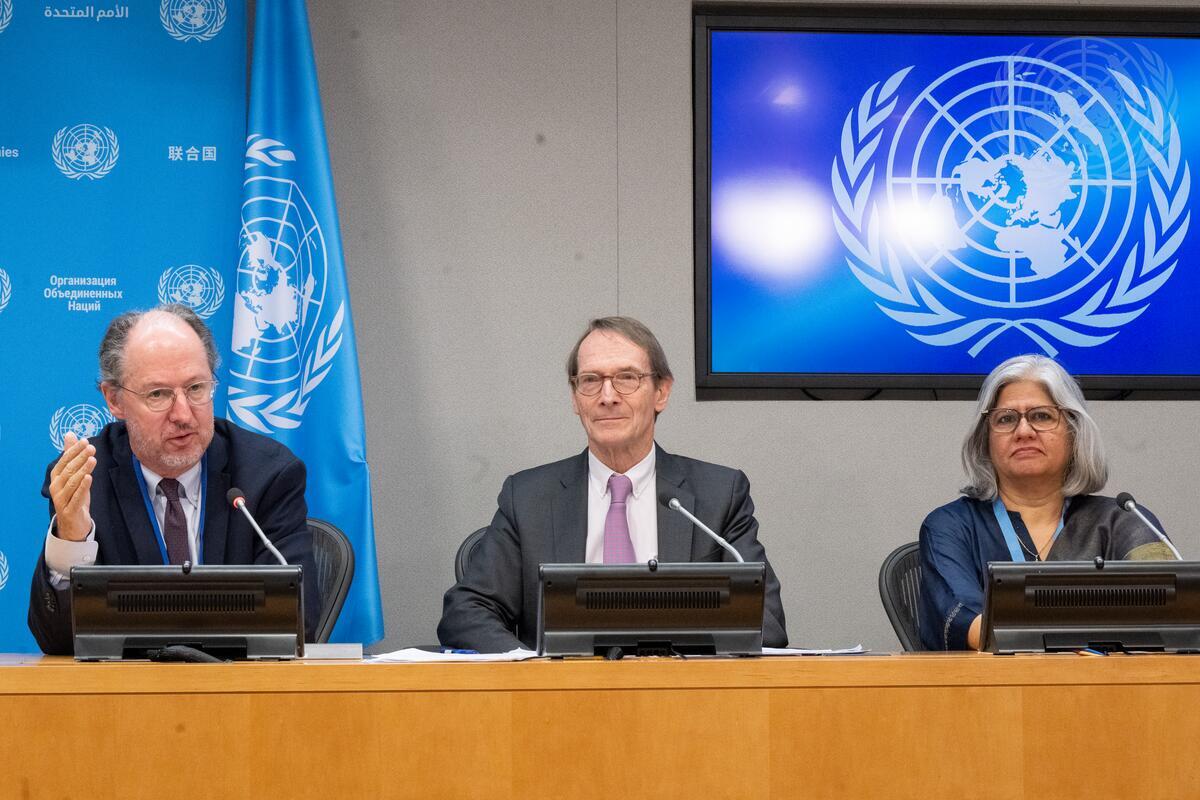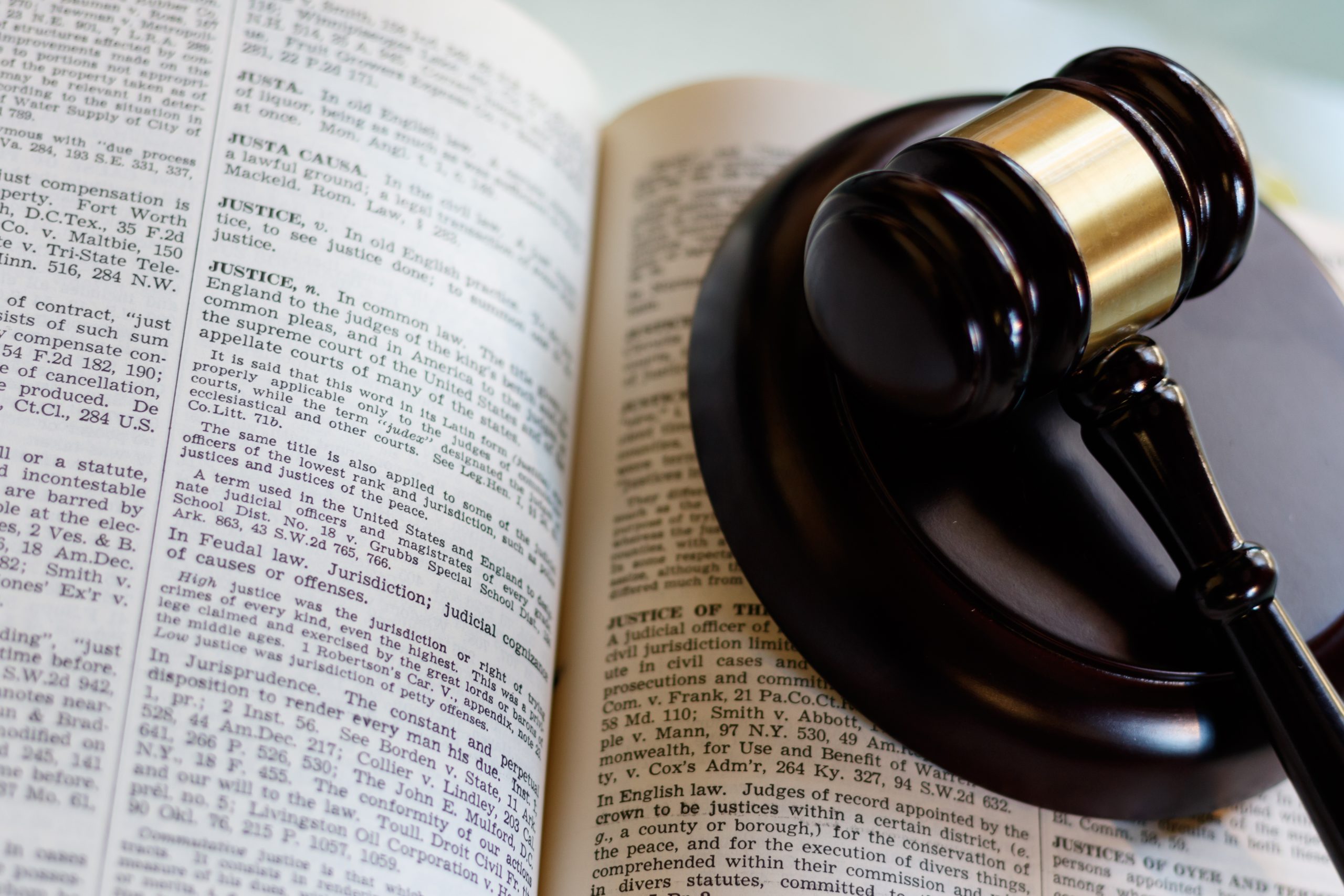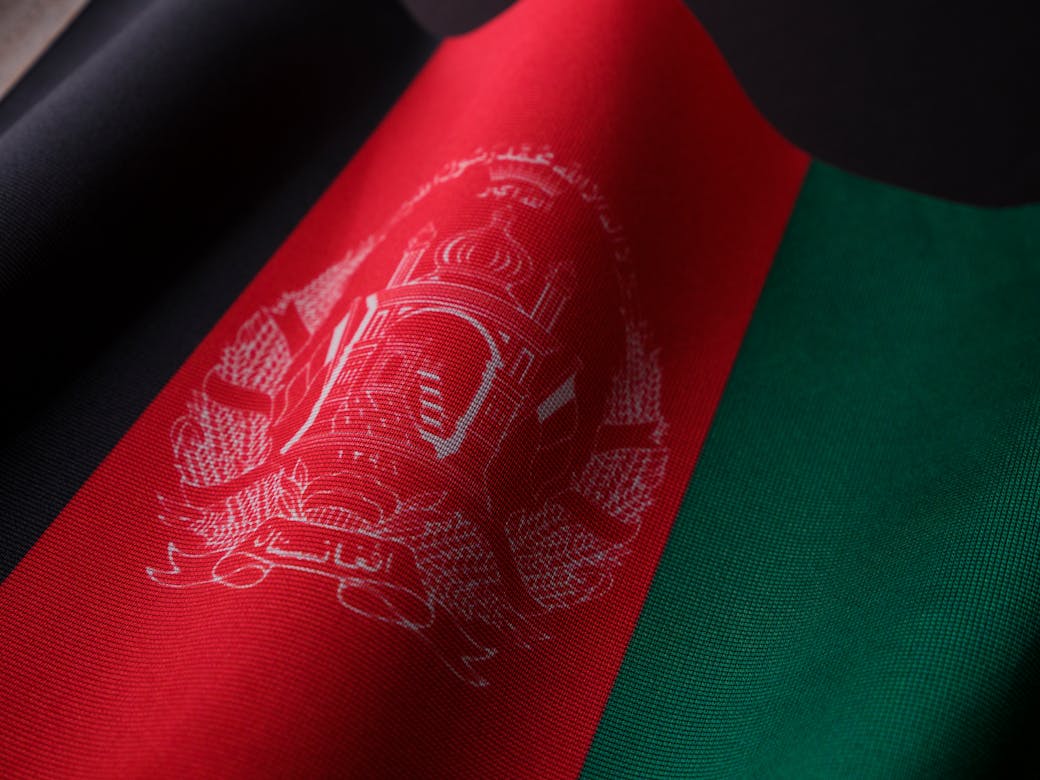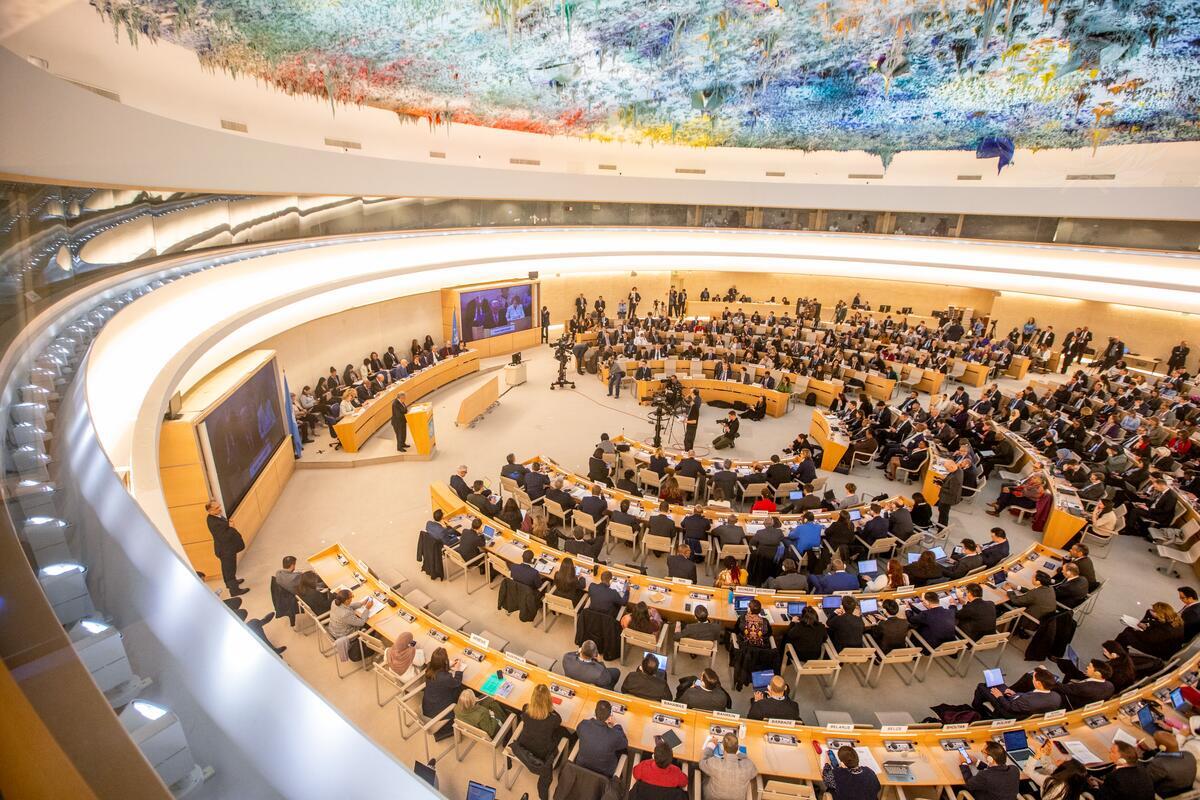Update: On 22 October 2018, the Supreme Court reinstated the period of appeal for the January 2017 decision and annulled the decision of the Oktyabrski Court in its entirety, thus lifting the ‘extremist materials’ designation at least temporarily and reinstating the right of ADC Memorial to carry out its activities in Kyrgyzstan. The matter was remanded to the Oktyabrski Court for reconsideration. The decision came as a result of the argument made by Bir-Duino’s lawyer that Kyrgyz authorities failed to notify either organisation of the decision, stripping ADC Memorial and Bir-Duino of the right to defend themselves in court or appeal the decision.
In March 2015, ADC Memorial and Bir-Duino Kyrgyzstan submitted a report to the Committee on the Protection of the Rights of All Migrant Workers and Members of Their Families (CMW) that highlighted failures of the Kyrgyzstan government in carrying out obligations to protect migrant rights.
In January 2017, the Oktyabrsky District Court in Bishkek banned the report, deeming it ‘extremist material’ and criminalised any possession or publication of the report. They officially categorised the organisations as recognised terrorist organisations. Neither ADC Memorial nor Bir Duino Kyrgyzstan were informed of the hearing, and only learned of the Court’s decision in May 2018.
‘The Court’s decision to ban ADC Memorial and Bir-Duino Kyrgyzstan as well as the report presents serious concerns,’ said Executive Director of ADC Memorial Stefania Kulaeva in a letter to the Committee sent on 14 June 2018, together with ISHR. ‘We consider this a reprisal for cooperating with the CMW and an effort to intimidate us and others from further cooperation.’
On 25 June 2018, the CMW wrote to the government to express concern over the decision, which appears to be the ‘direct consequence of the engagement of these civil society organizations with the work of the Committee.’ A subsequent letter from the CMW on 14 August 2018 narrowed the focus of the allegations to that of the alternative report being designated as extremist material by the Court—the mere possession of which constitutes a criminal offence punishable by up to five years in prison.
Following a meeting with the Permanent Representative of Kyrgyzstan to the UN in Geneva, the CMW wrote again on 10 September 2018 asking for additional clarification. The letter seeks clarification on a number of points, including the necessity to take action against the NGOs, the aim of such action and the proportionality between the aim and measures taken, as well as on access to effective legal remedies for the NGOs and information about the status and disposition of the case.
‘We welcome the CMW’s action on this case. The CMW’s public action on these allegations of reprisals represents a significant step forward in the efforts to address reprisals and intimidation about those that engage or attempt to engage with the treaty bodies,’ said Madeleine Sinclair, New York Office Co-Director and Legal Counsel.
Contact, Madeleine Sinclair, [email protected], +1-917-544-6148.
Photo Credit: Flickr




